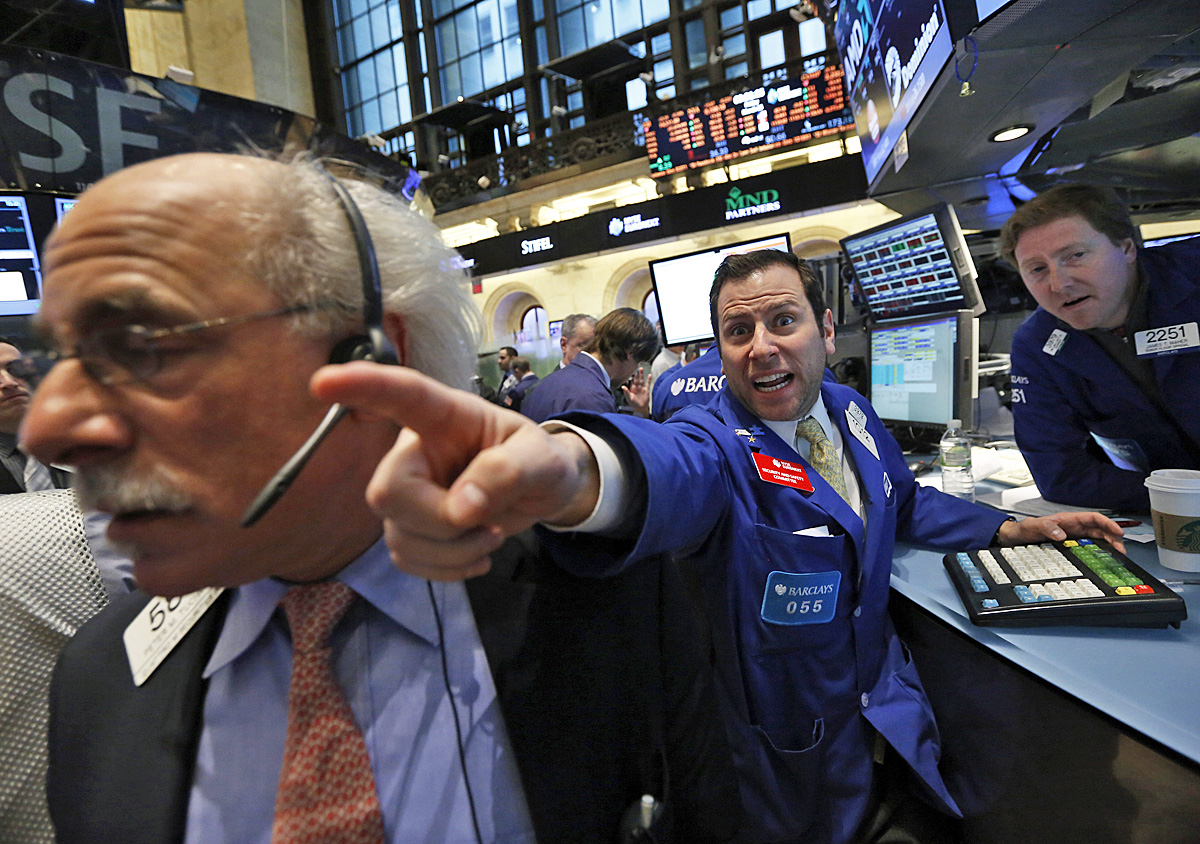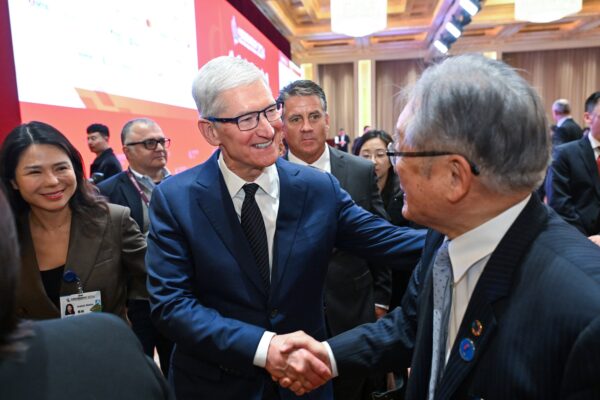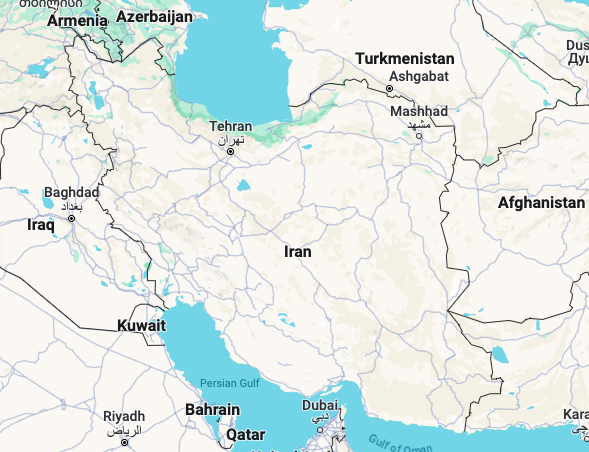- The NYSE has responded to a comment letter submitted to the SEC by Danny Mulson, who claims to be a tenth grader. But the town and high school listed on Mulson’s letter don’t exist.
- Some in the trading industry think the letter from Mulson was actually written by a Wall Street pro.
- The humorous exchange is the latest in the ongoing debate over rebates, an incentive some exchanges use to lure traders to their exchange.
- The SEC has proposed a pilot that would ban rebates in certain cases.
- NYSE is calling on its listed companies to submit letters to the SEC against the pilot.
Typically when the New York Stock Exchange is defending its view of how markets should be structured it goes head-to-head with its rivals. This time, it’s going head-to-head with someone claiming to be a tenth-grader.
On June 7, someone filed a letter to the SEC under the name of Danny Mulson slamming NYSE for its position on a proposal by regulators to examine rebates, an incentive the exchange operator uses to lure traders to its venue. It’s been an ongoing debate on Wall Street that has pitted pension funds, exchanges, and brokers against each other. Mulson, writing from the non-existent town of Wetlawn Oregon, has been a stand-out voice in the debate.
“I have been busy with mid term exams, at Aberdeen High, and only became concerned about this debate in recent days,” Mulson wrote. “While I am a fan or rigorous two sides debate – and hope to join the Aberdeen Debate Society next year – I am not a fan of obfuscation, dishonesty or other logically trickery to win an argument.”
Whereas Aberdeen High doesn’t exist, Mulson’s view that rebates result in traders routing orders to exchanges where they will get the biggest rebate, not where they will be best executed, is shared by some pension funds, brokers, and upstart exchange IEX.
In fact, some market observers speculate Mulson is IEX CEO Brad Katsuyama. A spokesman for the exchange told Business Insider that's not true.
NYSE argues in its letter responding to Mulson that the pilot - which would ban rebates in certain cases - would result in less liquid markets . And is tantamount to price setting.
"As you probably learned in your history class, Congress passed the Bill of Rights in late 1791, confining the reach of the federal government to its powers enumerated in the Constitution," NYSE wrote. "Setting prices was not among them."
As NYSE and Mulson go back-and-forth, the exchange operator is calling on its listed companies to support them in the fight.
"On behalf of my colleagues at the New York Stock Exchange, the listing venue for your company's stock, I'm writing to alert you to an important issue that may negatively impact trading in a broad cross-section of securities trading on U.S markets. We view this matter with urgency, and believe you will too," John Tuttle, the chief operating officer of NYSE, wrote in a letter obtained by Business Insider.
Proctor & Gamble has taken the bait, submitting a letter of their own in which it expresses concerns about the pilot resulting in wider-spreads among stocks impacted. NYSE estimated in a blog that the wider-spreads could cost investors as much as $4 billion. That's a figure Mulson took issue with in his letter.
"The 7.169 Billion shares includes volume for all stocks, But only 3000 names will be impacted by the pilot. The letter and blog clearly state the pilot may cost investors 1 Billion dollars. But more than 50 percent of names wont be in the pilot. Including their volume is again intellectually dishonest," Mulson wrote.
Still, NYSE has extended an olive-branch invitation.
"We hope your class will accept our invitation to visit the NYSE," the exchange wrote. "And when you come, remember to bring a valid form of identification in order to pass through our security."
Read NYSE's full letter, here>











